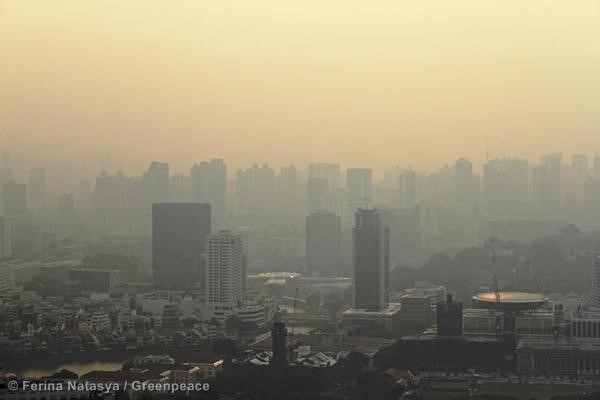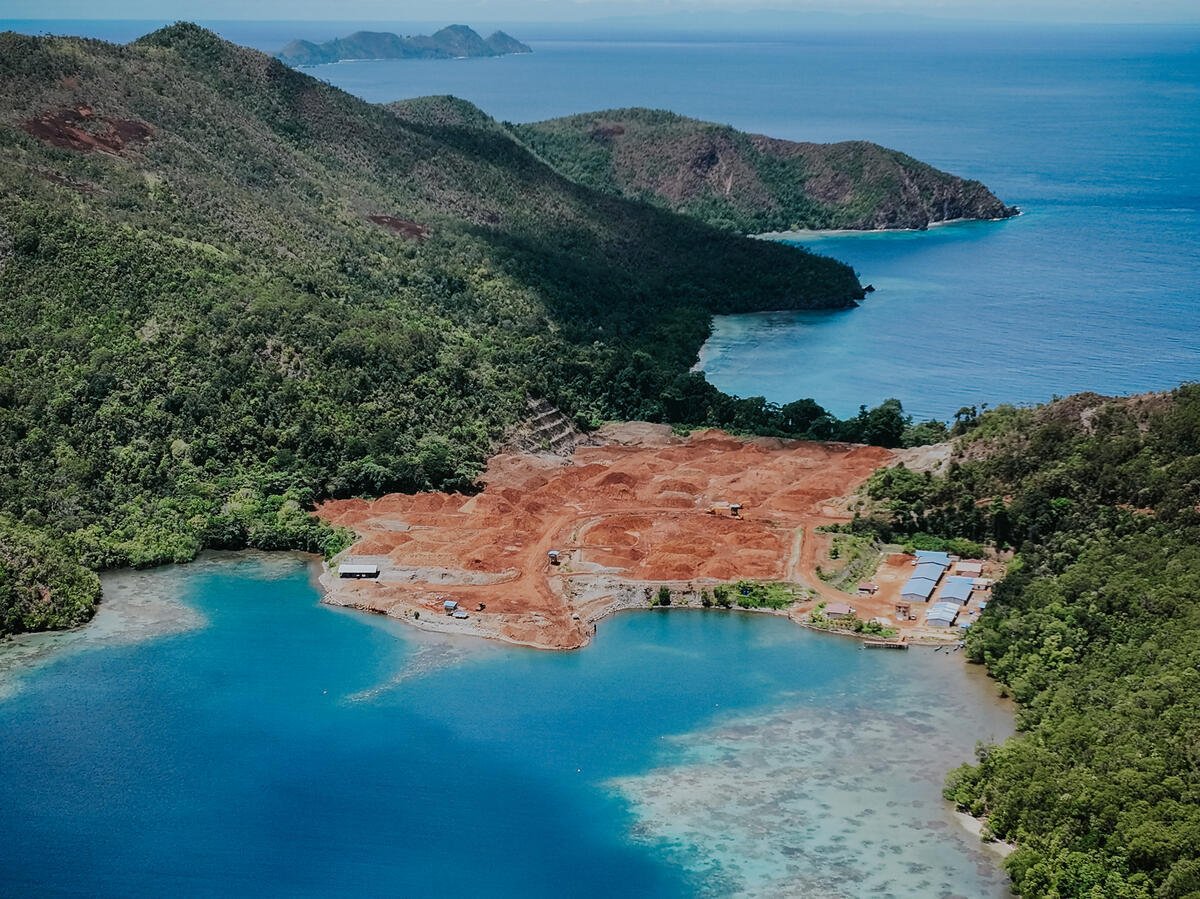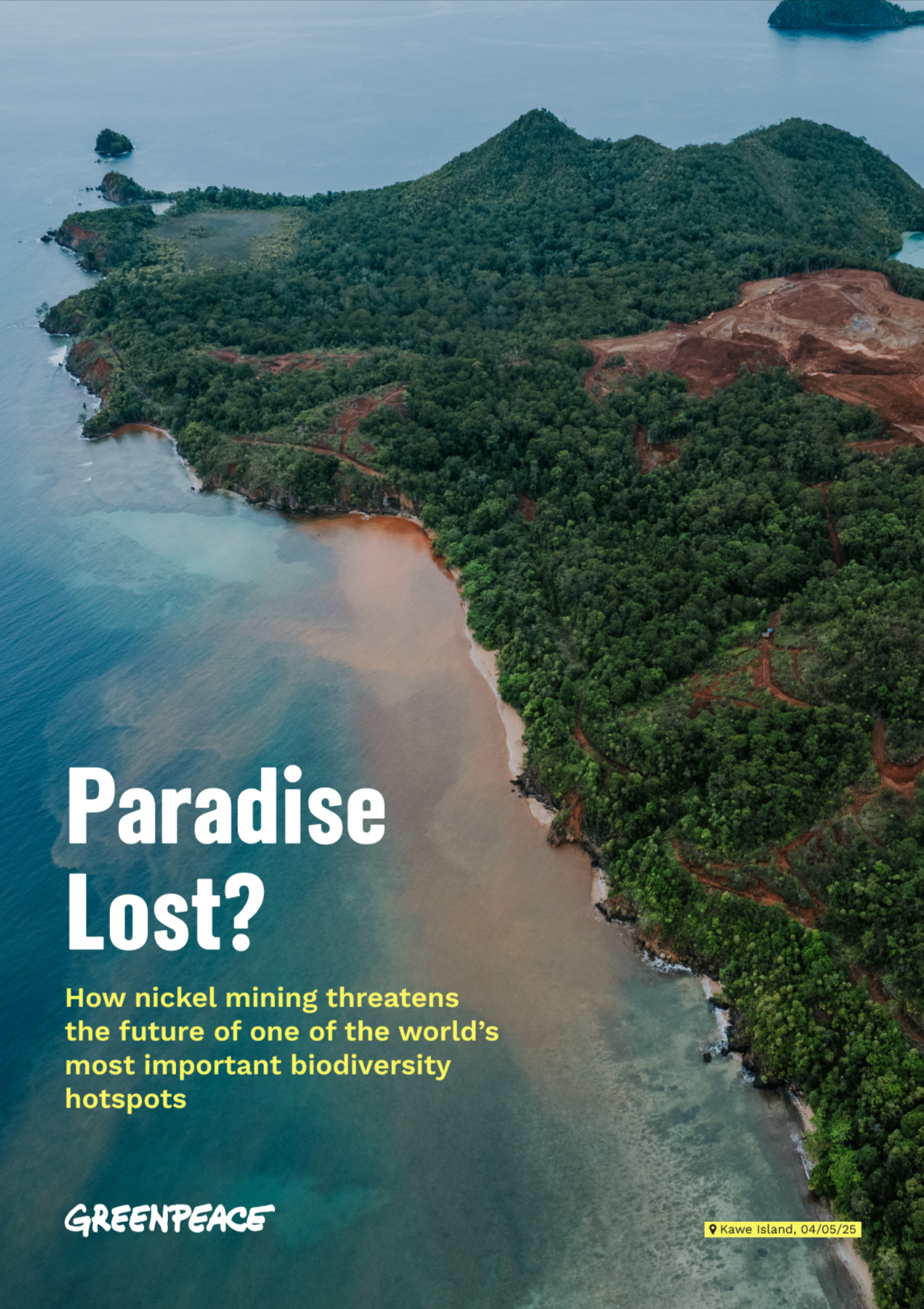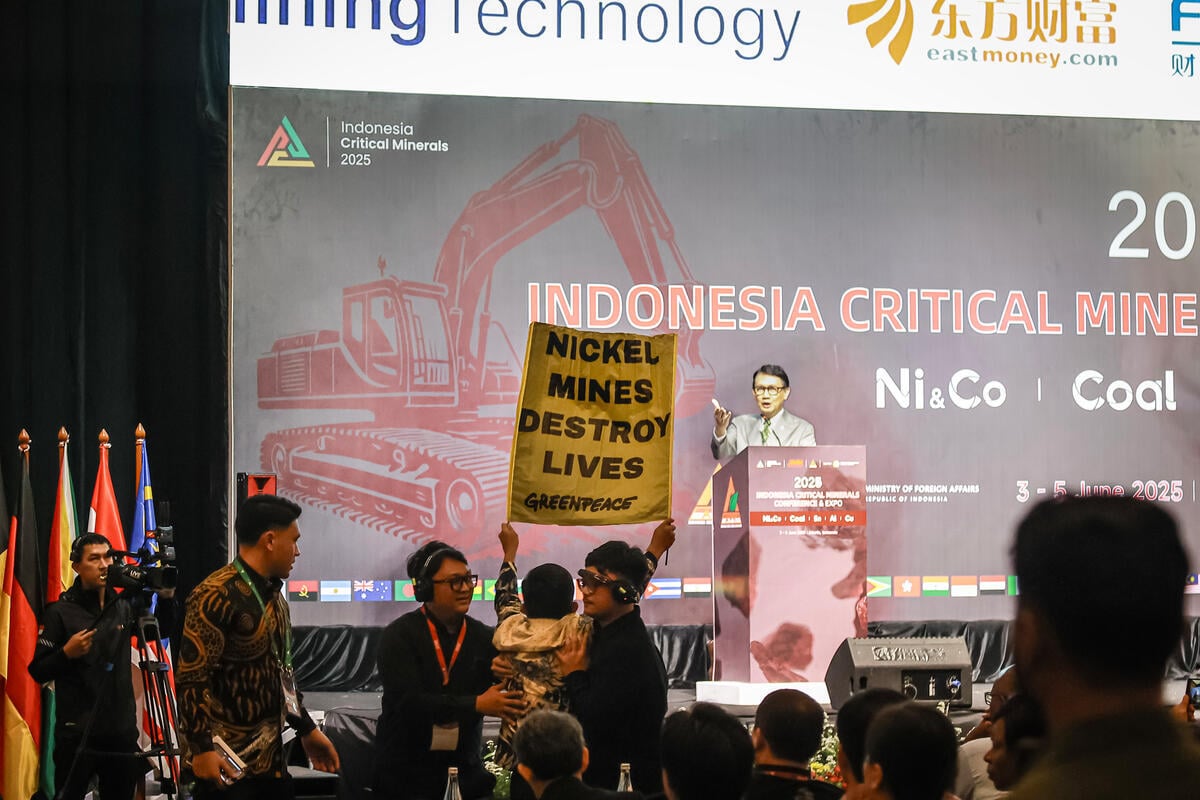Jakarta – President Joko Widodo yesterday announced his government’s decision to relocate the Indonesian capital to East Kalimantan, to an area straddling Penajam Paser Utara and Kutai Kartanegara districts. Greenpeace Indonesia has several environmental and governance concerns related to this decision as the move will require the conversion of forests and land for urban development, which will certainly have an impact on the environment.
In response to the announcement, the Country Director of Greenpeace Indonesia, Leonard Simanjuntak said:
“The plan to relocate our capital to East Kalimantan, if executed without prioritising environmental protection, risks creating fresh environmental problems in the new capital, just as Jakarta suffers from environmental crises today. Jakarta’s air is polluted not only by a poorly planned transportation sector but also from the many coal-fired power plants in the area around Jakarta. If Indonesia’s new capital city also relies on coal power as Jakarta does, then don’t expect the move to a new capital to bring a breath of fresh air.
“History will repeat itself especially if the government goes ahead and builds ‘mine-mouth’ coal-fired power plants, as currently planned in several locations in East Kalimantan. Construction of these mine-mouth coal-fired power plants will entirely subvert the smart, green city concept touted for the nation’s new capital. They must be stopped, and the city’s energy source should be provided with clean, renewable energy. The presence of these coal mines will not only ensure air pollution but risk other environmental impacts. Deforestation for mines can lead to floods, and reduce clean water supply leading to shortages, as has happened in nearby Samarinda.
“The threat posed by the global climate crisis, combined with environmental mismanagement of Jakarta, should not be a reason to cut and run by moving the capital. But it must provide a wake up call and become a major consideration in Indonesia’s development strategy going forward. At present, the rate of land subsidence in Jakarta is between 1-15 cm per year, and combined with an increase in sea level that has reached 8.5 cm, means most of North Jakarta will have sunk by 2050. The relocation of our capital will only displace environmental problems or even create new ones, if we do not take full stock of the unfolding climate crisis. A very strong government commitment is called for to ensure no excessive land conversion and additional deforestation takes place at the new capital city site. The way to achieve this is to apply a ‘compact city’ concept, deploying electricity-based mass public transportation, with the city’s primary energy source being renewables, and with waste management geared towards a zero-waste city. Only by planning with these in mind can a new capital city not exacerbate the current environmental and climate crisis.”
Greenpeace is concerned that the proposed area is prone to forest fires. During the 2015 fires crisis, there were as many as 3487 fire hotspots in Kutai Kartanegara district. There have been 105 fire hotspots already this year, and the fire season has not yet run its course. Greenpeace analysis shows a total ‘burnscar’ area affected by forest fires of 35,785 hectares between 2015-2018. The environmental damage done by fires and the consequent air pollution affects residents both near and far. It is a problem recently highlighted by a successful citizen lawsuit – and it is one that Jokowi’s government must address head-on if it is to move the capital city to Kalimantan.
Greenpeace notes that the development of the new capital must not impinge on protected areas or nature reserves because that would certainly cause additional deforestation and threaten endangered endemic species such as the Bornean orangutan.
“Environmental concerns must once again be underlined as a fundamental consideration in relocating the capital city. It is unfortunate that this process is being carried out in a hurry and without an adequate public consultation process. In democracies, open discussions to listen to the aspirations of the public, including ensuring the consent of local indigenous peoples, must be an integral part of important public decision-making. This must be an important note for President Jokowi,” concluded Leonard.
Media Contact:
• Leonard Simanjuntak, Country Director Greenpeace Indonesia, +628119696217, [email protected]
• Jasmine Putri, Senior Forest Campaigner Greenpeace Indonesia, +447951645453, [email protected]
• Afif Saputra, Communication and Digital Manager +628118406626, [email protected]

End the air pollution crisis once and for all, because no-one should have to worry about what they breathe.
Get Involved


